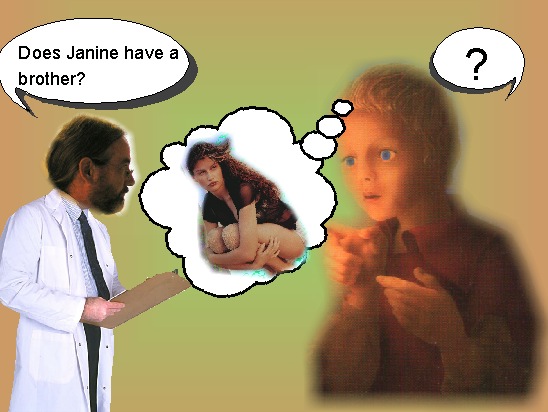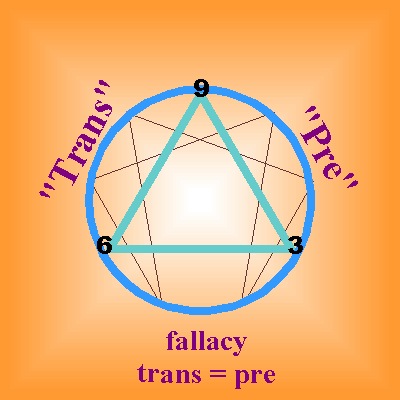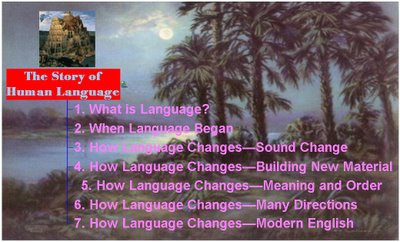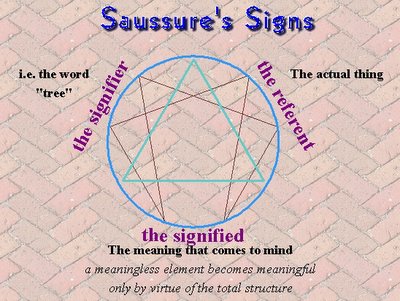Right Exertions
I posted this little excerpt from Tenzin Wangyal Rinpoche's The Tibetan Yogas of Dream and Sleep in a comment at Zatoads Blog a few days/weeks ago.
Although some Western psychologies believe that the dreamer should not control the dream, according to Tibetan teachings this is a wrong view. It is better for the lucid and aware dreamer to control the dream than for the dreamer to be dreamed. The same is true with thoughts: it is better for the thinker to control the thoughts than for the thoughts to control the thinker.
It got me to thinking about an aspect of Buddhist doctrine that I have as a reminder task on my PDA that pops up every 2-3 weeks titled sammapathana. I use it to remind me to practice the “Four Right Exertions”.
I think the Four Right Exertions provide some direction to help the thinker to control the thoughts rather than the thoughts controlling the thinker. In the notes for this to-do list reminder item I have:
1. Guarding - unskillful qualities that have not yet arisen
2. Abandoning - unskillful qualities that have arisen
3. Developing - skillful qualities that have not yet arisen
4. Maintaining - maintenance, non-confusion, increase, plenitude, development, & culmination of skillful qualities that have arisen.
So, I try to identify patterns of unskillful thinking as well as skillful thinking. At the very least, it sometimes helps to keep potato chips from reaching my lips, or mean words from coming out of my lips.
I have spent more time recently exploring the thought origination component since the thinker doesn’t enter the picture until quite late in the thought origination process. I wonder if one can view the body-mind/mind-body relationship like this:
?



















0 Comments:
Post a Comment
<< Home